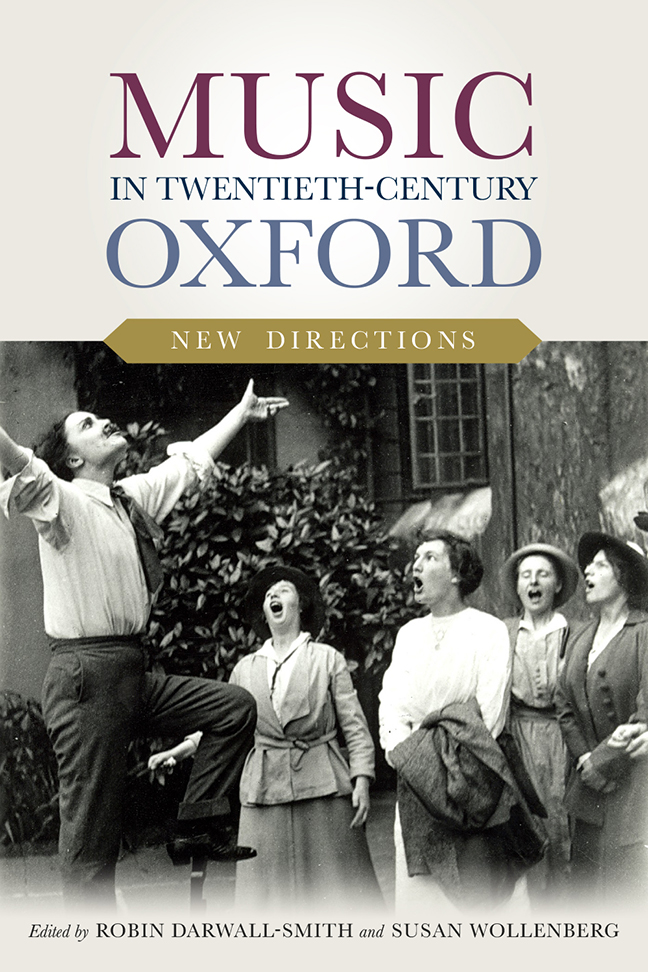Foreword
Published online by Cambridge University Press: 09 January 2024
Summary
I grew up in Oxford, with parents who were members of the University, but despite being musically very active I never imagined for a moment that I would end up being a musicologist – let alone the Heather Professor of Music. So for the first eighteen years of my life I was dimly aware that there was a Faculty of Music in Oxford, but paid little or no attention to it. As a student at a ‘plate-glass university’ (Sussex) in the 1970s I subscribed to the view that Oxford (and Cambridge) were bastions of tradition and conservatism, and that nothing new or exciting in musical research could be expected from them.
Three pieces of evidence over the next two decades caused me to think that I might have to revise that view. The first was the rather startling discovery, when I was appointed to a post at City University London in 1981, that while City proudly claimed to be one of very few institutions in the world to have a Fairlight digital music synthesiser, the only other one in the UK was in the Oxford Faculty of Music. Really? I thought – reflecting my ignorance of Robert Sherlaw Johnson, who was responsible for that. The second was when a very bright City undergraduate moved to Oxford to do his doctorate under the supervision of Bojan Bujić, and invited me to talk at the Faculty's Research Colloquium series. Do they really want to hear about the psychology of music? I thought. Well they did – and I vividly remember being asked a characteristically acute question by Susan Wollenberg about psychological findings and cultural specificity. And lastly in 2001 I was invited by my Heather Professor predecessor, Reinhard Strohm, to present a paper at his International Symposium ‘Understanding Bach through Science, Art and Criticism’ – an event that emphatically demonstrated (if I still needed to be persuaded) that the Oxford Faculty of Music had an extremely broad and inclusive approach to musical research and enquiry.
If I was blinkered and slow in coming to this realization, the period since I joined the Faculty in 2007 has conclusively shown just how energetic and innovative musical research in Oxford is.
- Type
- Chapter
- Information
- Music in Twentieth-Century OxfordNew Directions, pp. xvi - xviiiPublisher: Boydell & BrewerPrint publication year: 2023



